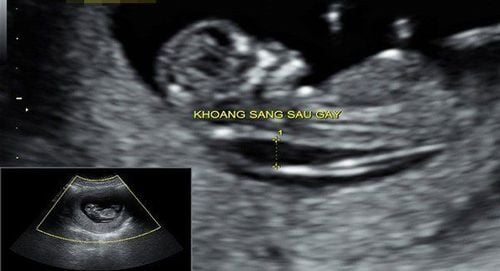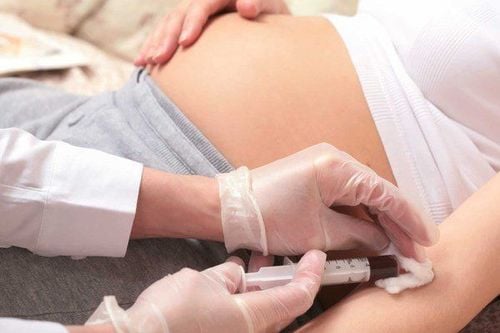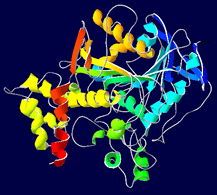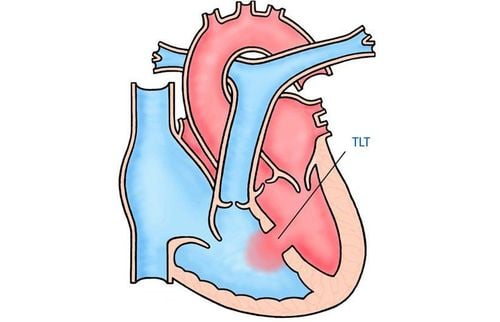This is an automatically translated article.
The article was professionally consulted by BSCK II Tran Thi Mai Huong - Obstetrician and Gynecologist - Obstetrics and Gynecology Department - Vinmec Hai Phong International General HospitalPrenatal tests can help a woman see if her baby really has a certain disorder. Prenatal screening and diagnostic testing are offered to all pregnant women.
1. Why Test for Birth Defects?
Genes are a component of heredity, also known as DNA. Chromosomes are structures inside cells that carry genes, arranged in pairs. Most cells have 23 pairs of chromosomes for a total of 46 chromosomes. According to genetics, half of the baby's genes will be inherited from the mother and half will be inherited from the father.
Genetic disorders can be caused by problems with chromosomes or genes. Most children with chromosomal disorders have physical defects and some have intellectual disabilities. Genetic disorders caused by defective genes in the parent's body can be passed on to the child. The defective gene can occur on any chromosome. An inherited disorder can be autosomal dominant, autosomal recessive, or sex linked. Diagnostic testing for birth defects looks for defective genes that can affect a child's development.
There are 2 types of prenatal testing available to address concerns about genetic disorders: a screening test that assesses the risk that a baby will be born with a specific birth defect or genetic disorder . And diagnostic testing can detect if a specific birth defect or genetic disorder is present in the fetus. Some babies with birth defects are born to couples with no risk factors. However, your baby's risk of birth defects is higher when certain factors are present. These tests are performed on cells from the fetus or placenta obtained through amniotic fluid sampling or chorionic villus sampling.
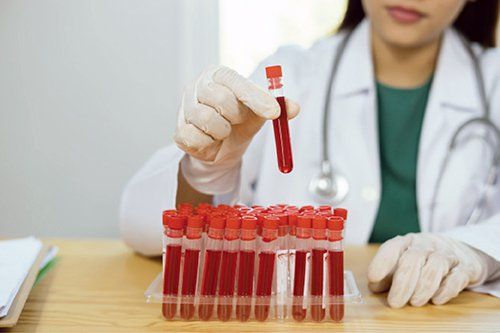
2. What is a screening test?
Prenatal screening tests are tests done during pregnancy to assess the risk of a fetus having some common birth defects. A prenatal screening test can't tell if a baby really has a birth defect. There is no risk to the fetus when there are screening tests.
Prenatal screening tests are often part of routine prenatal care and are performed at different times of pregnancy. Screening tests include blood tests and combined with an ultrasound exam.
Carrier testing is a type of prenatal screening test that can show if a person carries a gene that causes an inherited disorder. This test is usually recommended for people with a family history of the genetic disorder.
A positive screening test result for a malformation means that the fetus has a higher than normal risk of developing the disorder. But that doesn't mean the unborn baby definitely has a disorder. A negative result means that the fetus is at a lower risk of developing the disorder than is normal. But it doesn't rule out the possibility that your unborn baby has the disorder. To confirm, we need to perform 1 more diagnostic test.
With any type of test it is possible to give false positives and false negatives. The healthcare professional will provide the pregnant woman with information about the false-positive and false-negative results rates for each test.
3. What is a diagnostic test?
Are diagnostic tests to detect many birth defects caused by defects in genes or chromosomes.
Diagnostic testing for birth defects may be considered instead of screening if the couple has a family history of birth defects or has had a child with a birth defect. Diagnostic tests are available to all pregnant women, including those without risk factors. Some diagnostic tests may be risky for pregnant women.
Diagnostic tests may be recommended if screening test results indicate an increased risk of fetal malformations. Diagnostic testing is also offered as a first choice for all pregnant women, even those without risk factors.
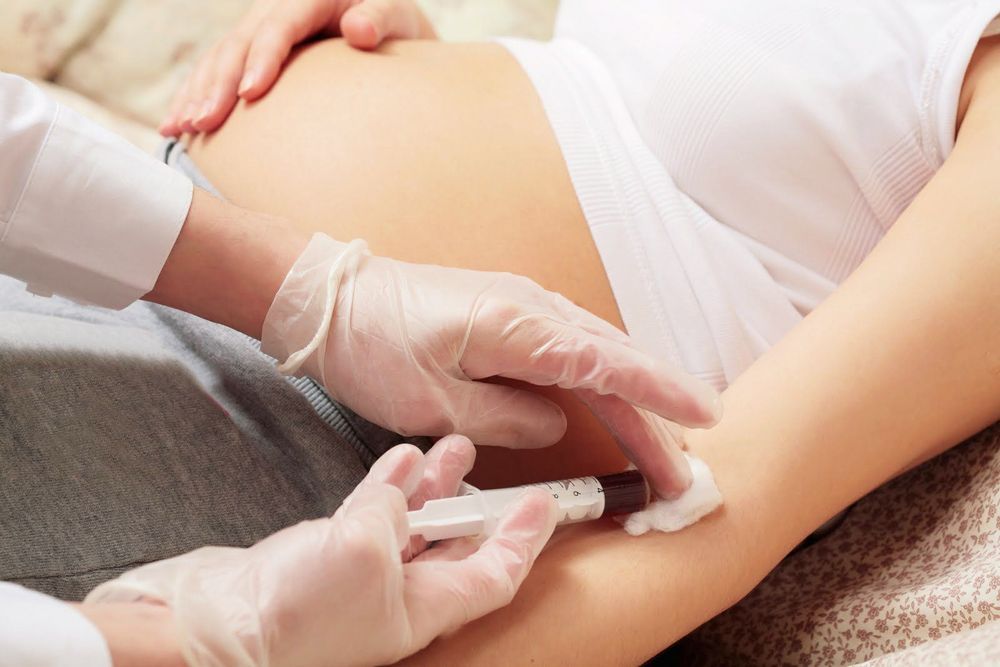
Diagnostic tests for birth defects are performed on fetal cells obtained through amniocentesis, chorionic villus sampling, or possibly fetal blood sampling. The chromosomes and genes in the cells can then be analyzed using different techniques to diagnose certain genetic defects and many chromosomal defects. Diagnostic tests can carry risks such as an increased risk of pregnancy loss. So before screening tests are performed, a health care professional or genetic counselor will discuss all testing options with you and help you decide based on your individual risk factors. core.
Tests are performed based on the choice of each individual. But knowing in advance that the baby is at risk for genetic disorders will give the mother time to prepare and organize the medical care the baby may need, or may also consider the option of not continuing the pregnancy. pregnant.
At Vinmec International General Hospital, there is a package maternity service as a solution to help pregnant women feel secure because of the companionship of the medical team throughout the pregnancy. When choosing Maternity Package, pregnant women can:
The pregnancy process is monitored by a team of qualified doctors Regular check-up, early detection of abnormalities Maternity package helps to facilitate the process. Birth process Newborns receive comprehensive care >>See more: Birth defects from statistics to causes – Article written by Doctor Do Phuoc Huy, Vinmec High-Tech Center
Please dial HOTLINE for more information or register for an appointment HERE. Download MyVinmec app to make appointments faster and to manage your bookings easily.
Reference source: acog.org




